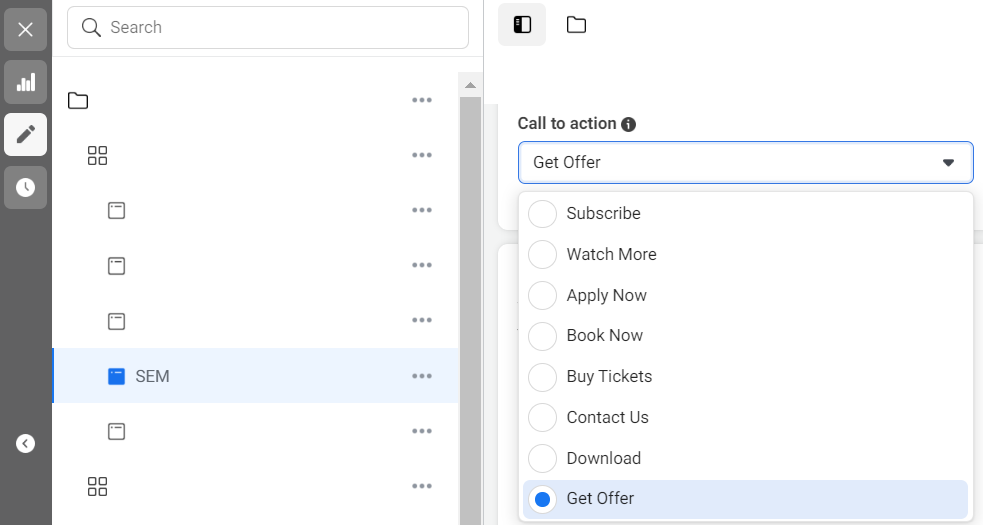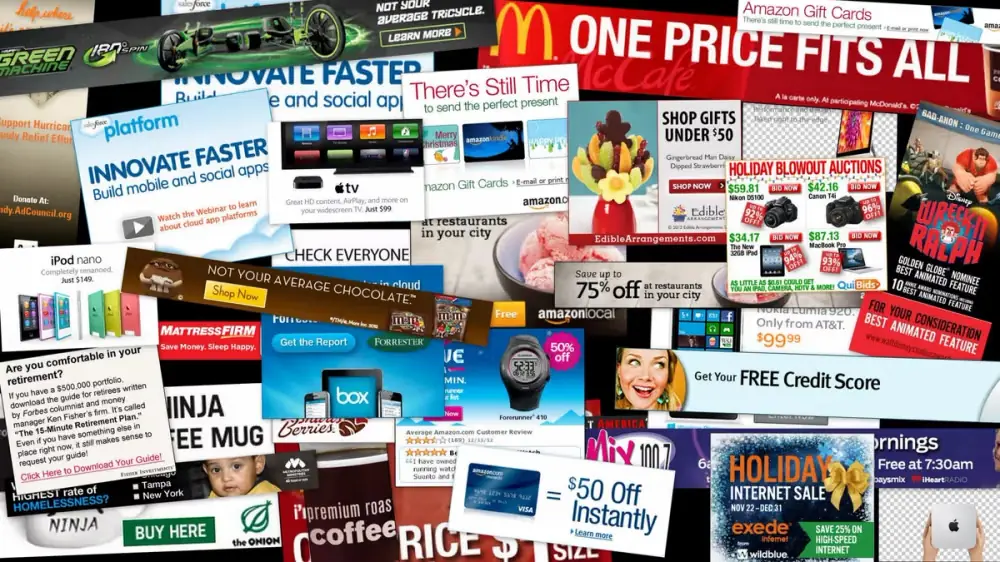
Should I Use Email Marketing for My Small Business?
Email marketing remains one of the most powerful and cost-effective tools for small businesses. In this article, we'll dive into why you should consider email marketing, how it can help grow your business, and actionable tips for getting started. We’ll also explore expert opinions and cite studies to give you a clear picture on the question : "Should I Use Email Marketing for My Small Business?" .
Why Email Marketing?
Email marketing is often undervalued by small business owners who may feel it’s outdated or less impactful than social media or paid advertising. However, as per research by Campaign Monitor, email marketing offers an ROI of $42 for every $1 spent, making it one of the most lucrative digital marketing methods available. This is particularly beneficial for small businesses with tight budgets.
Personalized Connection with Customers
One of the greatest strengths of email marketing is the ability to directly communicate with your audience on a personalized level. According to Neil Patel, one of the top marketers in the world, “Personalization in email marketing can increase engagement rates significantly, improving open and click-through rates.”
By segmenting your email list based on user preferences, behaviors, and demographics, you can send personalized messages that speak directly to the needs of your customers. This can result in higher conversion rates and long-term customer loyalty. Whether you are offering promotions, sharing new content, or providing product updates, personalization helps build a meaningful connection with your audience.
Cost-Effective Marketing Solution
For small businesses, budgeting can be a significant concern. Unlike traditional advertising, email marketing is incredibly cost-effective. Tools like Mailchimp, Constant Contact, and ActiveCampaign offer plans tailored to small businesses with limited budgets. With these platforms, you can create, automate, and analyze email campaigns without breaking the bank.
Build Trust and Credibility
Building trust with your audience is essential, especially when you’re running a small business. Email allows you to send consistent, high-value content that fosters trust over time. According to a study by MarketingSherpa, 72% of consumers prefer to receive promotional content through email compared to other forms of communication.
By offering value in every email, whether through educational content, discounts, or product updates, you can establish your brand as an authority in your field. This long-term approach to email marketing ensures that customers come to trust your business and view your emails as valuable, rather than spam.
High ROI and Measurable Results
As mentioned earlier, email marketing has an exceptionally high return on investment. For small businesses, this means you’re getting the most value for your marketing budget. Additionally, platforms like Mailchimp and ActiveCampaign offer advanced analytics that allow you to track open rates, click-through rates, and conversions. You can easily measure the effectiveness of your campaigns, making it easier to adjust and improve over time.
Matt Diggity, a leading SEO expert, emphasizes the importance of data-driven marketing strategies: “Email marketing gives you access to valuable metrics that allow you to measure your audience’s engagement. This insight helps small businesses tweak their marketing tactics to achieve better results.”
Automation Saves Time
Small business owners are often juggling multiple tasks, so efficiency is key. One of the best features of modern email marketing platforms is automation. You can set up welcome emails, birthday offers, abandoned cart emails, and more without having to manually send each one.
Automating email campaigns can also help with lead nurturing, turning prospective customers into paying clients. By creating an automated email funnel, you can guide subscribers through a journey, from awareness to conversion, with minimal effort.
Best Practices for Small Business Email Marketing
Build an Opt-in List: Focus on building an organic email list through your website or social media, rather than purchasing lists. Purchased lists can lead to low engagement rates and higher unsubscribe rates, which can harm your email deliverability.
Segment Your Audience: Divide your email list into specific categories (e.g., new customers, repeat buyers, or abandoned cart users). By sending targeted emails, you’ll see a higher response rate.
Craft Engaging Subject Lines: The subject line is your email’s first impression. Make it attention-grabbing, relevant, and personalized when possible. According to HubSpot, personalized subject lines can increase open rates by 50%.
Optimize for Mobile: With over 60% of emails being opened on mobile devices, it’s essential to optimize your emails for mobile users. Ensure your emails are responsive and that the layout, text, and images look good on smaller screens.
Include Clear Calls to Action (CTAs): Whether you’re asking customers to shop a sale, read a blog post, or sign up for a service, always include a clear call-to-action. Ensure it stands out visually and is easy to click.
Test and Optimize: Run A/B tests on subject lines, content, and CTAs to determine what works best with your audience. Continuous optimization is key to improving engagement rates.
Email Marketing and SEO Synergy
While email marketing is primarily a direct communication channel, it can also have a positive impact on your SEO efforts. When you send out high-quality, value-driven emails, you can drive traffic to your website, boosting engagement metrics like time on site and reducing bounce rates. This can indirectly influence your search engine rankings.
Expert Opinions: Should You Use Email Marketing?
Neil Patel stresses the importance of email marketing, stating, "Email is still one of the most reliable ways to engage your audience. It’s the backbone of many businesses' digital marketing efforts, and for small businesses, it’s a must."
Matt Diggity adds, “For small businesses, email marketing is a cost-effective way to build relationships with customers and nurture leads. When used strategically, it can deliver excellent results.”
Final Thoughts: Should You Use Email Marketing for Your Small Business?
In conclusion, the answer to "should I use email marketing for my small business" is a resounding yes. It’s affordable, highly effective, and offers measurable results. Whether you’re looking to build trust, increase sales, or drive traffic to your website, email marketing is a valuable tool that no small business should overlook.
By following best practices and continuously optimizing your strategy, email marketing can become a cornerstone of your marketing efforts, driving long-term growth and customer loyalty.



